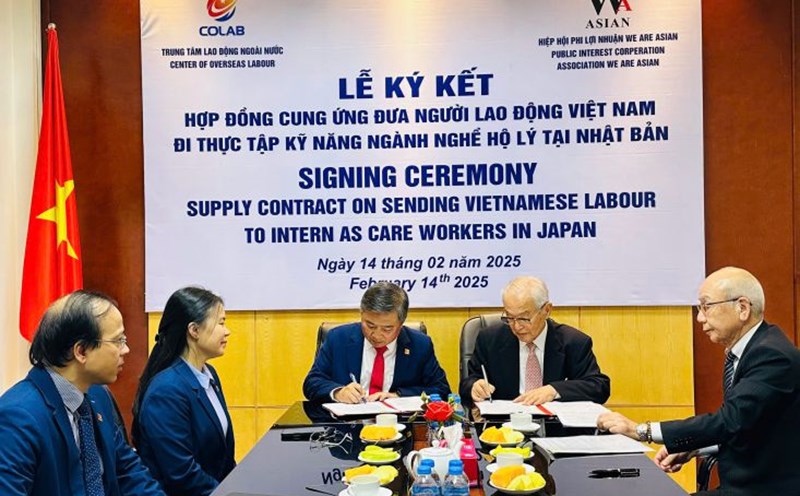Export market is increasingly demanding
To move towards sustainable exports, Mr. Nguyen Dinh Tung - General Director of Vina T&T Import-Export Company - said that the technical fences set up by countries are an equal playground, requiring exporting enterprises to comply with and improve product quality. Currently, Vietnamese agricultural products have been exported to many new markets such as grapefruit to New Zealand, passion fruit to Australia, melon to the US...
"After we overcome the limitations and reopen the fruit and vegetable export market, we will achieve the target set for this year. We are expanding the market to the Middle East and the Halal market, which is a potential market for the fruit and vegetable industry to penetrate deeply, said Mr. Nguyen Dinh Tung.
Ms. Le Thi Giau - Chairwoman of the Board of Directors of Binh Tay Food - said that businesses must accept increasing investment in factories and lines to package and use green materials, selecting good agricultural products from people for processing. From there, it is possible to meet many standards to export to demanding markets.
Improving quality for sustainable exports
According to Mr. Nguyen Nguyen Phuong - Deputy Director of the Department of Industry and Trade of Ho Chi Minh City, Vietnam has signed many free trade agreements (FTAs), so markets around the world cannot cause difficulties. In the context of the global economy facing challenges, countries are looking for solutions, in which, implementing social responsibility is an important direction. Controlling chemical residues in food is a key factor for businesses to ensure safety, meet international standards and maintain export markets.
Ms. Ho Thi Quyen - Deputy Director of the Ho Chi Minh City Investment and Trade Promotion Center (ITPC) informed that many countries, including the US, EU and Japan, have issued strict regulations on limiting chemical waste. Compliance with regulations is a vital factor that helps businesses meet market requirements and improve competitiveness.
Importing countries are increasingly tightening regulations on food safety. If businesses do not meet standards, the risk of being denied import, losing the market and seriously affecting business operations is very high. On the contrary, if businesses ensure strict compliance with international standards, they will have a great competitive advantage" - Ms. Ho Thi Quyen said.
Therefore, businesses need to proactively apply quality control technology to detect and eliminate risks early. Develop a strict inspection process from input materials to final products. Cooperate with independent inspection organizations to increase transparency and ensure compliance with regulations.









